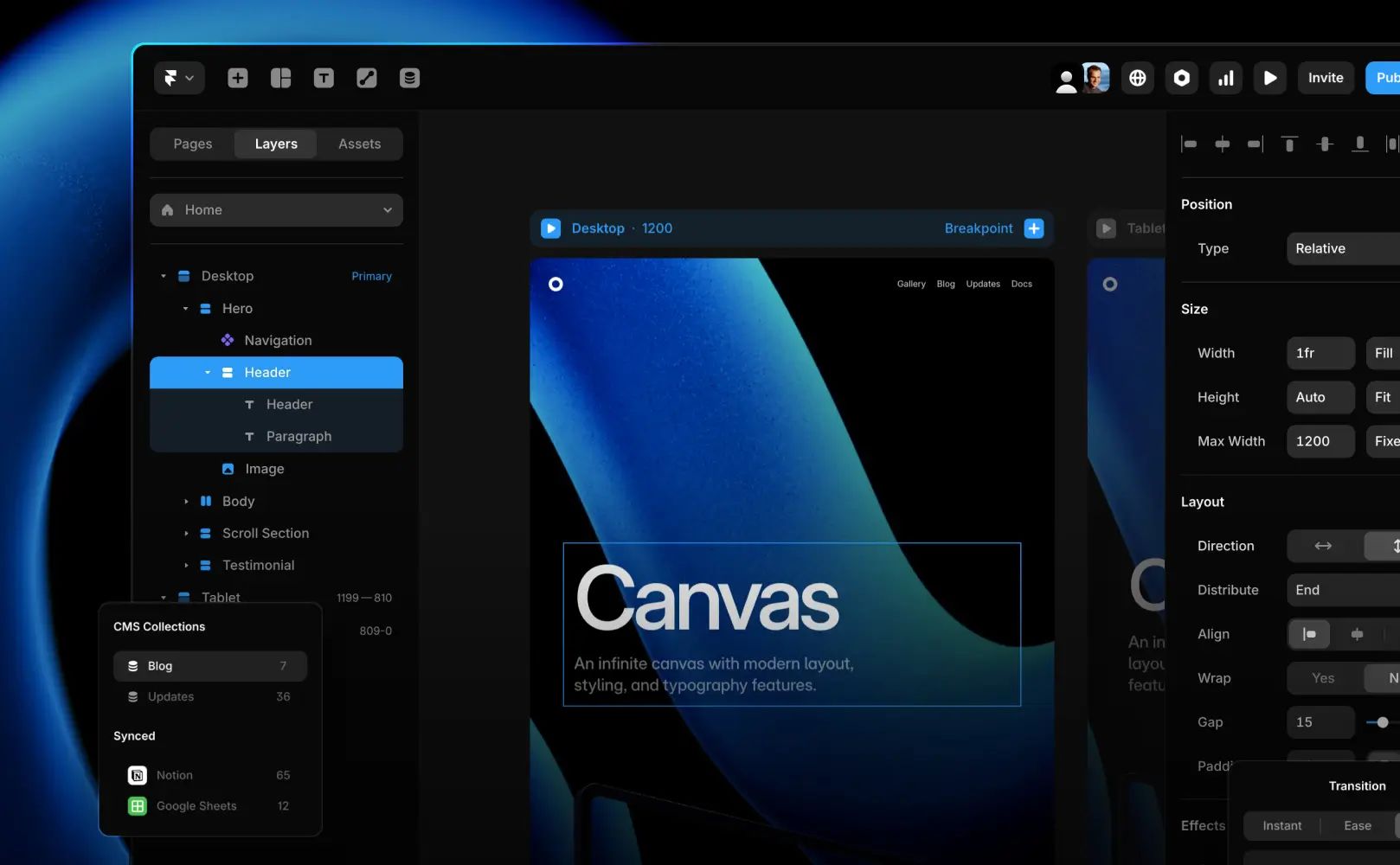
The WordPress and WP Engine battle is no secret to the web development community, neither is it new. However it got escalated early 2025 when Matt Mullenweg (Founder of WordPress) wrote in his blog that the paid WordPress contributors will stop working on WordPress.org projects as he claimed WP Engine (powered by a private equity called Silver Lake) has been reaping off free benefits from WordPress ecosystem. With all that, one may wonder how WordPress development still continues to be a major ask from businesses when they’re looking for a reliable website.
What made WordPress the most common web development platform for the last two decades?
WordPress development emerged as the dominant choice not through corporate strategy, but through perfect timing and genuine accessibility. Launched in 2003, it arrived when the web desperately needed democratisation.
What separated WordPress wasn't just its free, open-source, but its revolutionary approach to content management system (CMS) which made it super easy for content moderators to edit / upload content.
WordPress also has one of the largest plugins’ eco-system which means almost anything can be built on WordPress. Possibility to self-host your entire website makes WordPress development unique, because now organisations can ‘own’ their data, instead of host it on a third party platform.
That’s all from two decades ago, but is WordPress still the popular? Well, yes, today WordPress still powers 40% of all websites that exist on the internet, including some of the largest government organisations such as NASA and WhiteHouse.gov as the government organisations understand the importance of data protection and self-hosting.
What are the challenges faced by WordPress?
In the last 7 to 10 years, a lot has changed in the web development landscape and web design industry. These changes have also posed challenges for WordPress, some of those well-tackled by the WordPress management of one (Matt) and others, not so much.
Let's quickly look at some of the obvious challenges WordPress has faced lately.
The era of new cloud-based page builders
Over the last decade, multiple cloud-based page builders have emerged. This means, no need to install any software, no need to seperately buy web hosting, manage security or performance or install plugins. The new era of page builders make it extremely easy for non-technical audience to start creating websites. Some of these page builders even have tools to direclty migrate an existing Figma design into working website.
Some of the most popular website page builders are Framer, Webflow, Webstudio amongst others.
This challenges WordPress, where you have to have basic technical understanding of installing and managing WordPress. Non-technical founders, tech startups on a budget and non-technical web designers often go with cloud-based website builders and hence, WordPress started to lose a bit of market share from those audiences.
Technically informed web development agencies and web developers still continue to use WordPress as their web development platform due to the flexibility it offers, without charging per-seat pricing.
AI-Powered website page builders
The other very obvious 'threat of sort' to WordPress has been AI-powered webpage builders. Even though most may not be production ready, these are great for quick landing pages and websites. Especially popular among non-technical small business owners and web designers.
Modern tech-stacks and Headless CMS(s)
The latest Headless CMS(s) such as Sanity, Contentful, Directus and others have been becoming more and more popular for large scale websites, due to their robust modular approach and performance. WordPress works as a monolithic stack which means both back-end and front-end of the website, all live in one big block of WordPress. Headless CMS(s) on other hand are modular, the back-end is not connected to the front-end which means better security, faster performance and possibily of modularly connecting multiple services to the headless CMS, without affecting performance. We have a detailed comparason of WordPress vs Headless CMS in a blog post here.
WordPress, even though has a large eco-system of plugins, each plugin can affect the overall performance of the website.
Configuration requires WordPress development expertise
Even though WordPress is highly capable piece of software, to properly configure WordPress to highest possible performance and security standard, it requires expert WordPress development approach. It is free to install WordPress and that made everyone adapt it, with or without proper exptertise. However, WordPress experts know that security and performance configuration is extremely important in order for a WordPress based website to function properly.
This has also been one of the challenges for WordPress, as the non-technical teams end up choosing alternatives, even at high license pricing, to avoid learning or spending time and resource in confuguring WordPress.
What are the advantages of WordPress
WordPress has some advantages that none of the new website page builders have been able to replicate.
- Self hosting and data ownership: WordPress websites can be self hosted, on any server even local computer or your choice of WordPress web hosting service.
- Data sovereignty: Organisations with sensitive data or information prefer using WordPress as it allows you to own and host your data with complete ownership. Platforms like Shopify for Ecommerce, Webflow and others own your data and website, which means they can re-use as they like or even close down your website when and if they choose to.
- Unlimited users: Magazines and news websites are mostly hosted with WordPress because you have the freedom to have as many user accounts as you like. Moderators, authors and editors may each require their own accounts to upload new content. On the other hand platforms like Webflow or modern Headless CMS often charge a license per user.
- Largest eco-system of tools and plugins: WordPress has the largest eco system of contributors and plugins. There is a tool or plugin for almost anything. This gives a huge advantage, flexibility and possibilities in WordPress development space. You want to customise your SEO features? There are multiple SEO plugins for WordPress that will allow you to do so.
WordPress remains a powerhouse because it solved fundamental problems others couldn't, but let's be honest about where we stand today. The recent WP Engine controversy isn't just drama, it's exposed deeper questions about WordPress's direction and priorities that long-time builders have been quietly discussing for years.
While WordPress conquered content management, modern web development has evolved beyond what the platform currently offers. Developers are craving better performance optimization, enhanced security frameworks, and development tools that match today's technical standards. Instead, we're seeing resources poured into AI features that feel disconnected from the core infrastructure improvements the community actually needs.
The frustration is real and justified. WordPress built its reputation on listening to its community and delivering practical solutions. But when fundamental performance enhancements take backseat to flashy AI integrations, it signals a disconnect between platform priorities and user reality.
The platform has always been at its best when it focuses on empowering creators with solid, dependable tools rather than chasing trends. The question now is whether WordPress will remember what made it indispensable in the first place: solving real problems for real people building real things on the web.







